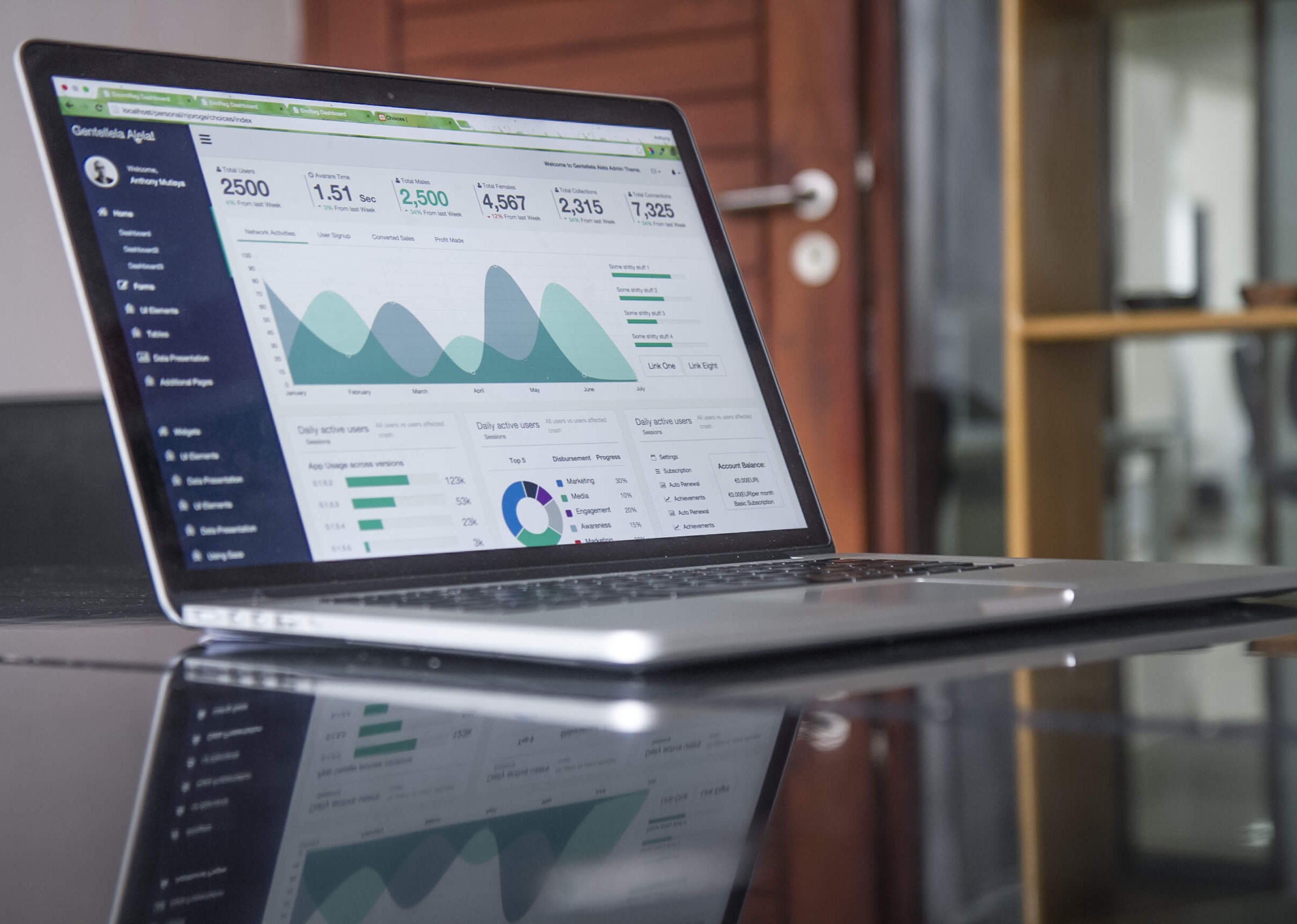
The debate around workplace monitoring of employees has rumbled on for many years now; employers argue that they are entitled to analyse how their staff spend their working day whilst employees claim it impacts upon their privacy. In 2017 the European Court of Human Rights held, in the case of Bărbulescu v Romania, that the actions of an employer in monitoring the instant messaging accounts of an employee breached Article 8 of the European Convention on Human Rights. But this hasn’t dissuaded some businesses from moving to ever more extreme forms of surveillance; microchipping has already happened in the UK and Amazon has filed patent applications on a warehouse productivity bracelet.
It has recently been reported that an artificial intelligence system called Isaak monitors the actions of 130,000 workers in real time – including “harvesting data on who emails whom and when, who accesses and edits files and who meets whom and when”. Five law firms are reportedly using the system, which was designed by London based company Status Today, as part of what experts have called the “precision economy”. Like many products enthusiastically labelled AI there is no actual intelligence involved; rather employee data is collected and analysed with the aim of presenting various statistics. The TUC has warned against this type of workplace monitoring, with general secretary, Frances O’Grady, noting, “… this kind of high-tech snooping creates fear and distrust. And by undermining morale, it could do businesses more harm than good. Employers should only introduce surveillance technologies after negotiation and agreement with the workforce … .” Damage to morale aside, employers also need to avoid data protection pitfalls and ensure they are not breaching the DPA or GDPR.
It looks likely that the battle between privacy and workplace analytics will continue, as monitoring technology becomes ever more sophisticated, and no doubt there will be more test cases and probably new legislation before the right balance is struck. However, John Ella, an employment and business lawyer in the USA (where the debate is at a more advanced stage), predicted five years ago that there would be “a big mushroom cloud of litigation” due to the gradual intrusion of electronic surveillance into workers’ lives; but this potential backlash has not materialised and he now says that, “It appears … that people have become desensitized” – particularly the millennial generation of workers who have grown up without much notion of privacy.
Photo by Carlos Muza on Unsplash.